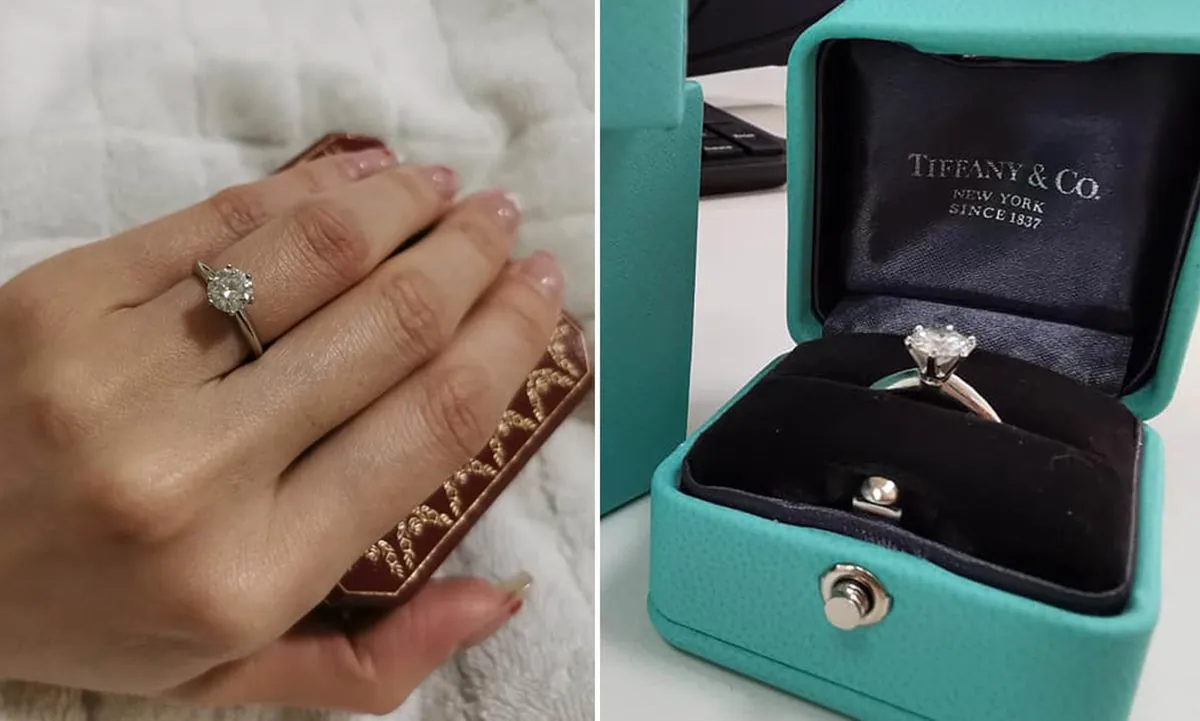Massachusetts Court to Rule on $70,000 Engagement Ring Dispute
Massachusetts' highest court will decide on the ownership of a $70,000 engagement ring after a canceled wedding. The case could modernize state law and potentially impact engagement ring disputes nationwide.

The Massachusetts Supreme Judicial Court is set to hear arguments on September 5, 2024, regarding the ownership of a $70,000 Tiffany engagement ring following a canceled wedding. This case, involving Bruce Johnson and Caroline Settino, could potentially modernize the state's laws on engagement rings and set a precedent for similar disputes across the United States.
Johnson, a retired Siemens engineer, proposed to Settino, a former teacher, in 2017 with the expensive ring. However, their engagement ended when Johnson suspected infidelity, which Settino denies. The ensuing legal battle has brought attention to the complexities surrounding engagement ring ownership after failed relationships.

The current Massachusetts law, established in 1959, states that the ring giver can reclaim the item if they are not at fault for ending the engagement. This approach differs from the majority of states, which treat engagement rings as conditional gifts to be returned regardless of fault when a wedding is called off.
"Absent the history of sexist suspicion of women, there would not be a special rule for the ring."
Legal experts argue that existing laws often unfairly benefit would-be grooms and perpetuate gender bias. Critics point out that while brides' families typically cover wedding ceremony costs, only the engagement ring can be legally contested when nuptials are canceled.
The case has sparked discussions about modernizing engagement ring laws. Some advocate for treating these rings like any other gift, as the Montana Supreme Court did in 2002 with a no-take-backs policy. Others support the no-fault approach adopted by states like New Jersey, New York, and Pennsylvania.
It's worth noting that the tradition of diamond engagement rings only became popular in the 1930s, coinciding with the period when states began abolishing "heart balm" claims. These claims previously allowed women to seek compensation when a marriage promise was broken.
The Massachusetts Supreme Judicial Court, established in 1692, now faces the task of potentially reshaping the state's approach to engagement ring disputes. Their decision could have far-reaching implications, considering that the US engagement ring market is valued at over $5 billion annually.
As the court deliberates, the $70,000 ring remains in escrow. The outcome of this case may influence how future engagement ring disputes are handled, not only in Massachusetts but potentially across the nation.


































